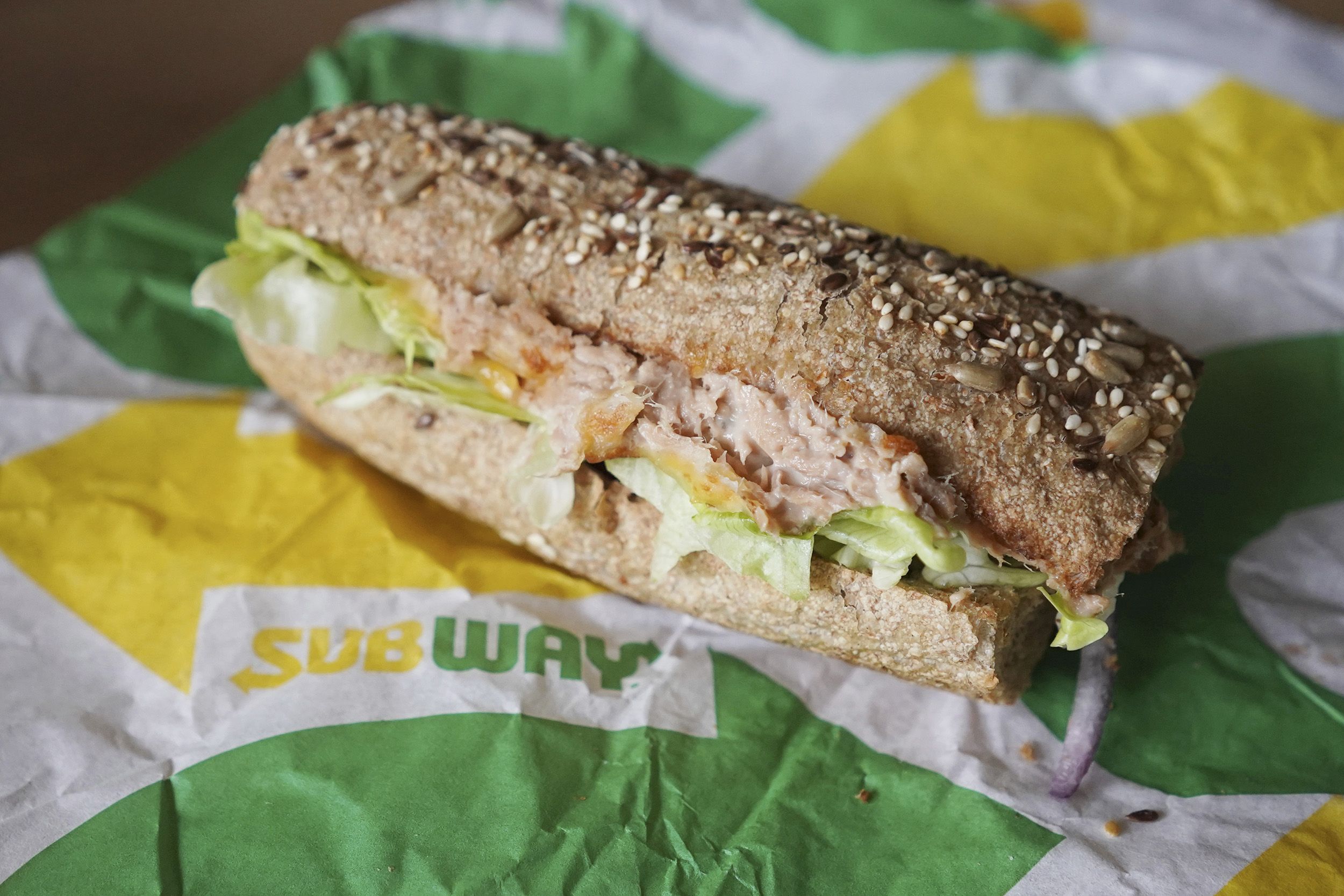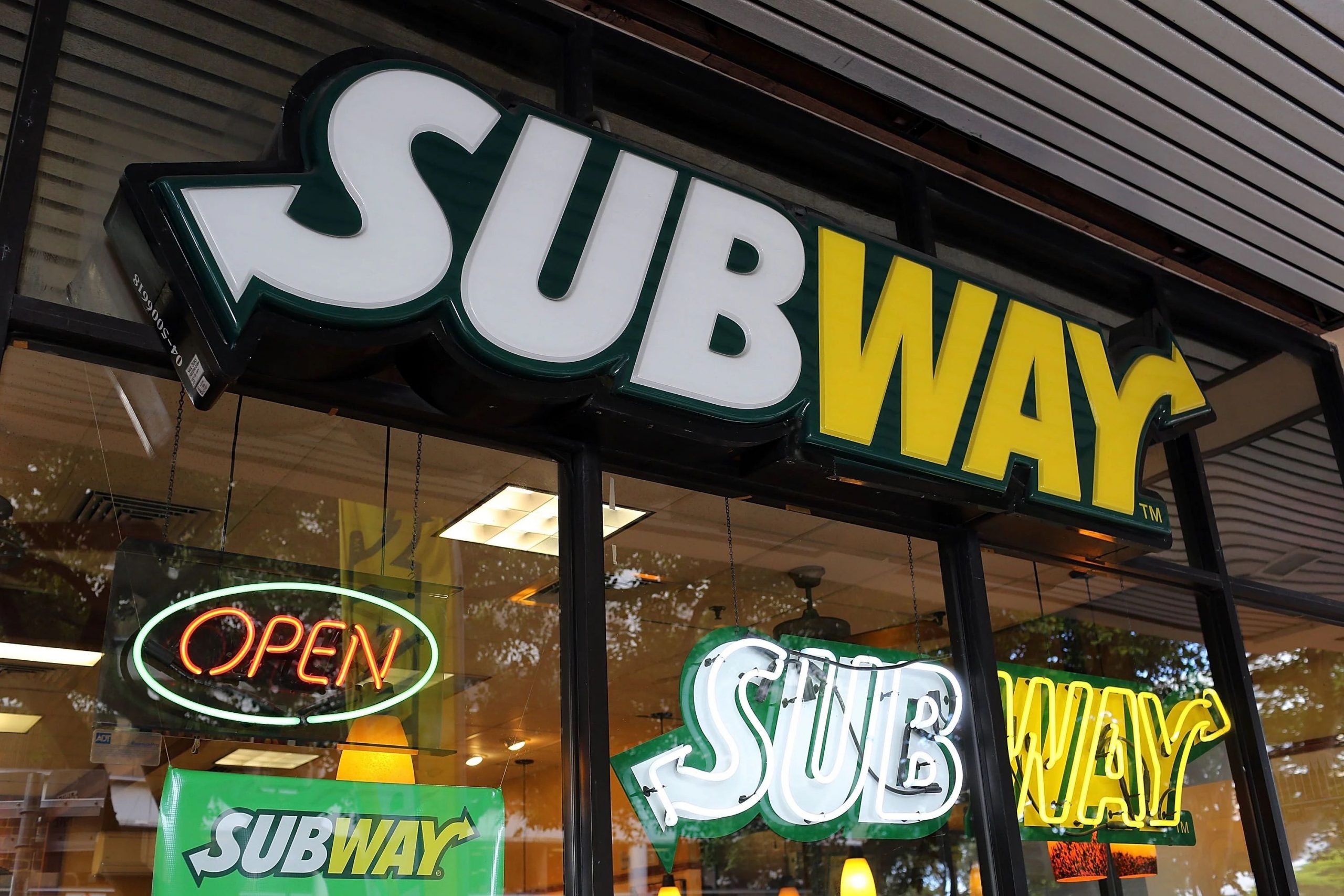The ongoing legal battle between Subway and Nilima Amin over the ingredients in Subway’s tuna products has taken a new turn. Amin, who filed a class action lawsuit against the fast-food giant in January 2021, is now seeking to withdraw her case due to her pregnancy and health concerns. However, Subway is not letting her off the hook easily and is demanding that her lawyers be sanctioned for bringing a “frivolous” case.
Amin’s lawsuit claims that Subway’s tuna products do not contain 100% tuna, as advertised, but rather other fish species, chicken, pork, and cattle, or no tuna at all. She alleged that she had ordered Subway tuna products over 100 times before realizing that she was not getting what she paid for.
Subway has vehemently denied these claims and accused Amin of attempting a “high-profile shakedown” for a windfall settlement. The sandwich giant also blames Amin’s “ever-changing” theories for debunking their claim of using 100% tuna, and says that the media frenzy caused by the lawsuit has caused severe harm.
However, this is not the first time that Subway has faced scrutiny over its ingredients. In 2014, a food blogger discovered that Subway’s bread contained a chemical used in yoga mats, leading to widespread outrage and the company removing the ingredient from its recipe.
The question now is whether Amin’s lawsuit is a legitimate concern or a frivolous claim. U.S. District Judge Jon Tigar had allowed the case to continue last July but rejected Amin’s claim that “reasonable consumers” would expect only tuna and nothing else. However, Amin’s withdrawal from the case due to her pregnancy has thrown a wrench into the proceedings.
Subway has demanded that Amin’s case be dismissed, and her seven lawyers pay at least $618,000 of Subway’s legal bills. Amin’s lawyers have not yet responded to these demands.

The case raises important questions about truth in advertising and the responsibility of food companies to provide accurate information about their products. While Subway denies any wrongdoing, the controversy highlights the need for greater transparency in the food industry.
As the legal battle between Subway and Amin continues, it remains to be seen whether her concerns over Subway’s tuna products will be taken seriously, or dismissed as a “frivolous” claim.
The Subway tuna lawsuit highlights the importance of transparency in the food industry and the need for companies to provide accurate information about their products. While Subway denies any wrongdoing, the fact that Amin filed a lawsuit over the ingredients in its tuna products suggests that some consumers are concerned about what they are eating.
Whether Amin’s lawsuit is ultimately dismissed or not, the controversy surrounding Subway’s tuna sandwiches, salads, and wraps has already had an impact on the company’s reputation. The media attention generated by the lawsuit has highlighted the need for greater transparency in the food industry and could lead to more scrutiny of the ingredients used in fast food and other products.
In conclusion, while the outcome of this legal battle is yet to be determined, it is clear that it has raised important questions about truth in advertising and the responsibility of food companies to provide accurate information about their products. Ultimately, it is up to consumers to demand transparency from food companies and to make informed choices about what they eat.
Subway’s Tuna Troubles: Plaintiff Withdraws from Lawsuit as Sandwich Giant Demands Retribution










